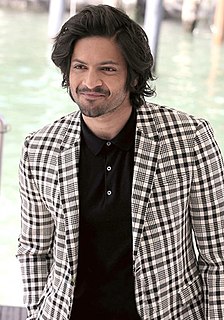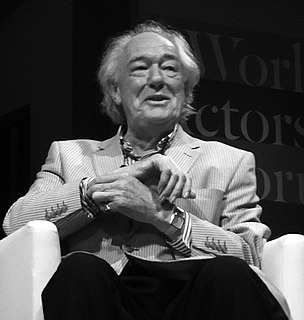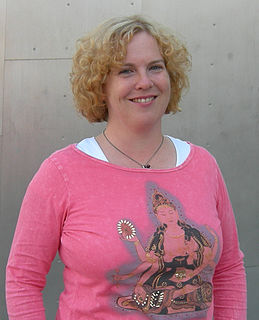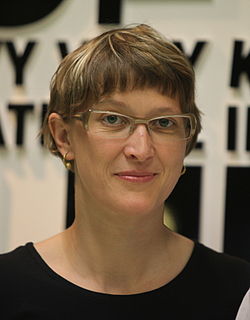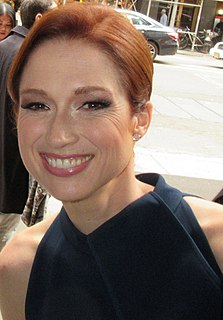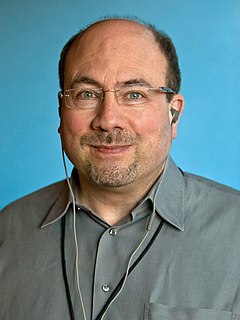A Quote by Ali Fazal
I think sometimes a part requires more than one approach or thought.
Related Quotes
Some of my music requires an obsessive-compulsive approach and a real embodiment of excessiveness. So I really have to live in that world of overstimulation. Sometimes I think it's like a drug; more is more, and you can never get enough. The older I get, the more I crave that excessive aesthetic. It's never going to satisfy me.
New laws, new kinds of things can emerge as the universe evolves. The more moving parts you have in something, the more possibilities there are. There's a whole new science now of complexity, and what we see is that complexity requires a very different approach than the kind of bottom-up approach that fundamental physics has always used. We're gonna have to think about the world in a different way if we want to address complex systems.
I really don't know what exactly all the songs mean. Sometimes other people have meanings and when I hear them I think, 'That's really a better meaning than I thought, and perfectly valid, given the words that exist.' So part of what makes a song really good is that people take in different meanings, and they apply them, and they might be more powerful than the ones I'm thinking.
